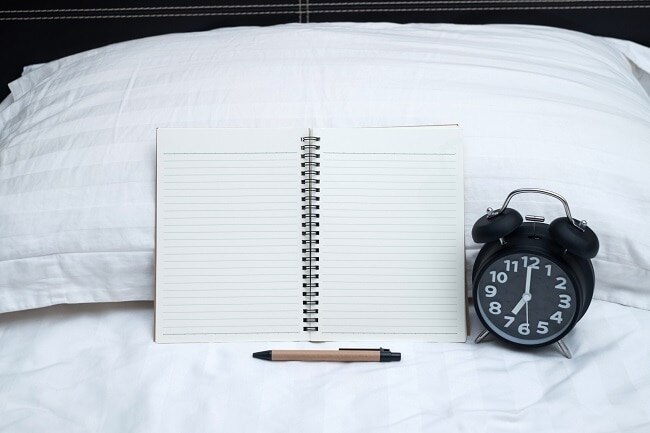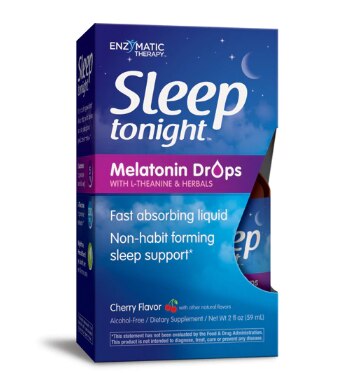Between squeezing in that last spin class of the day and enjoying some late-night wining and dining with friends into the wee hours of the morning, our sleep schedules can get really out of whack.
While a losing a few hours of sleep here and there is usually no big deal, too much sleep deprivation can send our productivity and mood into the dumps, or even be a sign of a larger problem – such as a sleep disorder.
By accurately recording your sleep via a sleep log or sleep diary, you can begin to notice patterns cropping up that could be affecting your sleep. While sometimes minor adjustments, such as limiting your caffeine intake before bedtime, or even trying out some meditation throughout the day, can save the day (or night), a sleep log can also be a helpful tool for your doctor to diagnose any larger issues at hand.
What is a sleep log?
A sleep log is simple enough: It’s a record of when you fall asleep and when you wake up. It’s meant to help you determine your sleep patterns to see where and how you can improve them.
You can include any data you’d like in a sleep log, but for starters it’s a good idea to track when you go to bed, when you wake up and what your general physical and mental conditions are throughout each day.
A simple sleep log might look like this:
- Went to bed: 11:15 pm
- Woke up: 7:15 am
- Slept: Around 8 hrs
- Felt: Menally alert and physically able
One of the most challenging parts can be maintaining the habit of recording! Try keeping your sleep log on your nightstand or somewhere else you’ll notice it and remember to record.
Who should keep a sleep log?
According to the Centers for Disease Control and Prevention, 1 in 3 American adults aren’t getting the proper amount of sleep on a regular basis. Keeping an accurate sleep log is generally good practice to become more aware of your sleep patterns, to help you make sure you’re not one of those three. But, it’s also especially important to keep a sleep log if:
- You think you’re struggling with insomnia or anxiety and want to show your doctor your findings
- You’d like to improve your overall sleep patterns
The benefits of keeping a sleep log
Beyond being a helpful tool to assist your doctor in determining if you have a sleep disorder, keeping a sleep diary will help to:
- Give you a better idea about your sleep patterns
- Encourage proactivity when it comes to your sleep
- Allow you to better monitor the effectiveness of different treatments/sleeping hours
How long should I keep a sleep log?
There’s no right or wrong answer, because any amount of time will help paint a decent picture of your sleep patterns. However, a good rule of thumb is to keep a sleep log for about two weeks to one month.
This will give you enough information across a variety of schedules (from late nights on weekends to early morning weekdays). In this way, you’ll have a pretty good idea of your sleep patterns and habits.
How to make a sleep log
Besides the simple sleep log above, the more details you can add to your sleep diary, the more depth of information you’ll have.
For a full-service sleep log, create a chart with spaces for:
Time/Amount of sleep
- When you fall asleep and when you rise
- Number of times you awake through the night (estimates are fine)
- Any naps during the day
Food/Drink
- What and when you ate/drank during the day (ie. caffeine and alcohol)
Exercise
- How much and when you’ve exercised during the day
Mental State
- How you feel throughout the day, from when you awake to when you go to bed (groggy, alert, rested, etc.)
- What emotions you feel during the day and when you feel that way (happy, sad, anxious, etc.)
- What medications/remedies you’ve used throughout the day (pain killers, essential oils, etc.)
Events
- Any significant events that have happened during the day and what time
- What activities you’ve engaged in within the hour before you go to bed
Monitor and improve your rest with a sleep diary
Remember, it’s not about being perfectly precise in your recordings, but about giving you a sweeping look at your quality of sleep and how to improve upon it. With consistent information, you can begin to see how you can adjust your sleeping habits, and hopefully make your rest the best it can be!
For additional support, here are some products that can help you catch those Zzzzs naturally.





